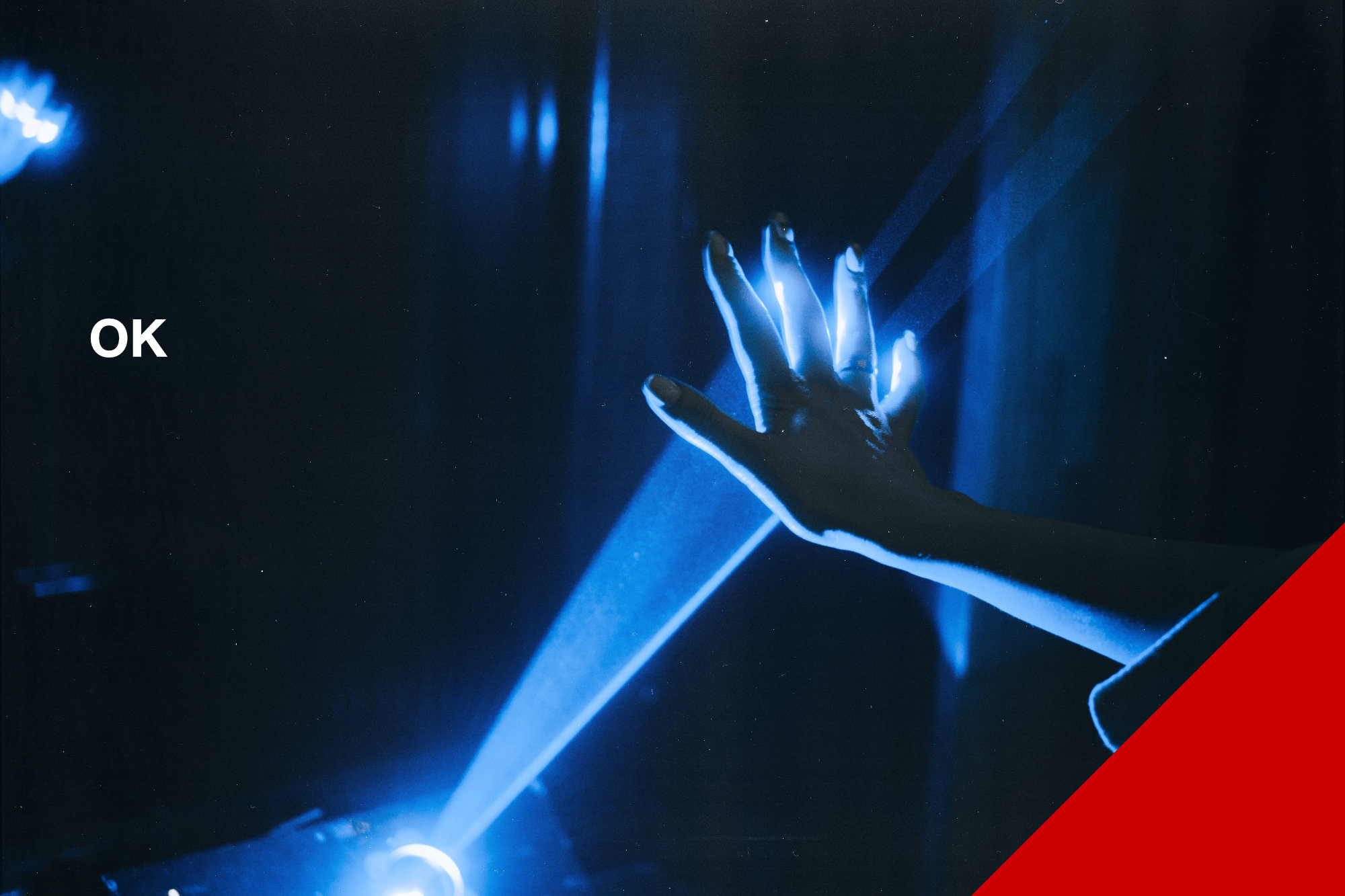
When I worked on Scary Movie 5, I was the villain, but I was also Snoop Dogg’s stunt double (because we look exactly alike). My dressing room was right down the hall from his.
My dressing room was practical. I had a few personal items. Most of the room was empty or occupied by work stuff. I could go to the snack table and bring in whatever food I wanted. They took good care of me, but it was not as nice as being at home.
I had to get there earlier than most of the other actors because of the extensive makeup and other rigamarole. I was getting rigged up to dangle from the ceiling or put on a costume or a series of masks.
One morning, I got a peek at the assistants loading up Snoop’s dressing room…it was huge. He had a big TV with two video game consoles, an ice bucket of fancy waters and energy drinks, food plates, couches, and more. When he arrived, he came with an entourage in a cloud of weed smoke. Wow, what an upgrade!
In making movies, there’s a lot of waiting as shots are set up and everything is prepared for the actors. While I was sitting in my dressing room waiting, I realized that 20′ away was Snoop also waiting. He had to wait just like me. And just like me, his dressing room was not as nice as being at home.
I get to fly first-class more now than I did then, but it changed the way I looked at first-class people. For some reason, I thought they were sitting there going “heck yeah! I’m flying first class! I get free champagne!”
I started to realize they are in first-class because they fly a depressing amount or because they have a more expensive life.
I started to realize that it is nicer to live like the rich and famous, but day-to-day it’s not so much of a game changer. The people in first-class are still sitting there trapped in a seat that’s probably not as nice as their earth life. The people driving Lamborghinis still have a weird coffee smell in their cup holders.
I started to realize that as more of the mundane tasks are taken away, the more responsibility we have to spend our time on developing great entertainment.
This is a challenge we develop as we find more and more success. Not only are we setting up an expectation for continued success, but we have more space to create more, faster, better. We are still at the same level, though. We’re still dealing with life on its terms.
I guess the main takeaways I had from this epiphany were…
- Learn gratitude now, because life will not look that different when we have more. If we’re not grateful now, we won’t automatically be then.
- Success is not going to show up as a victorious moment.
- Success is not the end. It’s not even a point in time. It’s a mindset.
- Great work and success will lead to more great work, so we’d better enjoy the work.
























